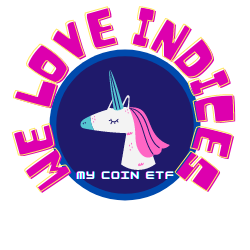If you start digging into the investment world and start looking at ETFs you might get in touch with all those acronyms above in the headline. And if you're like me you want to know what's behind the curtain. And that is exactly what is covered here!
In my article Why Index Based Investment Protects Your Assets I covered the differences between mutual funds and index funds.
In a nutshell ETPs are the base category for passively managed securities that can be traded on the stock exchange. With Exchange Traded Products you can bet on the price development of stocks, bonds, commodities or currencies.
Exchange traded products (ETPs) were developed to create investments that had more flexibility than mutual funds. Mutual funds are funds that are comprised of a basket of securities that are funded by a collection of investors and managed by professional money managers.
Mutual funds are typically priced just once at the end of the trading day. ETPs trade like stocks and can be bought and sold throughout the day and have prices that move throughout the day.
Exchange Traded Commodities
An ETC is traded on a stock exchange, like a stock, but tracks the price of a commodity or a commodity index. This allows investors to gain exposure to commodity markets without buying futures contracts or the physical commodity. In this sense, ETCs have a share price that moves up and down as the price of the underlying commodities fluctuate in value.
Exchange Traded Notes
ETNs, like ETFs, also track an underlying index of securities and trade on major exchanges. However, ETNs are baskets of unsecured debt securities. The ETN pays investors the return received from the index they track at the maturity date, less any fees or commissions.
Exchange Traded Fund
Similar to a mutual fund, an exchange traded fund contains a basket of investments that can include stocks and bonds. An ETF usually tracks an underlying index such as the S&P 500 but can follow an industry, sector, commodities, or even currency. An exchange-traded fund's price can rise and fall just like other investments. These products trade throughout the day just as a stock would trade
